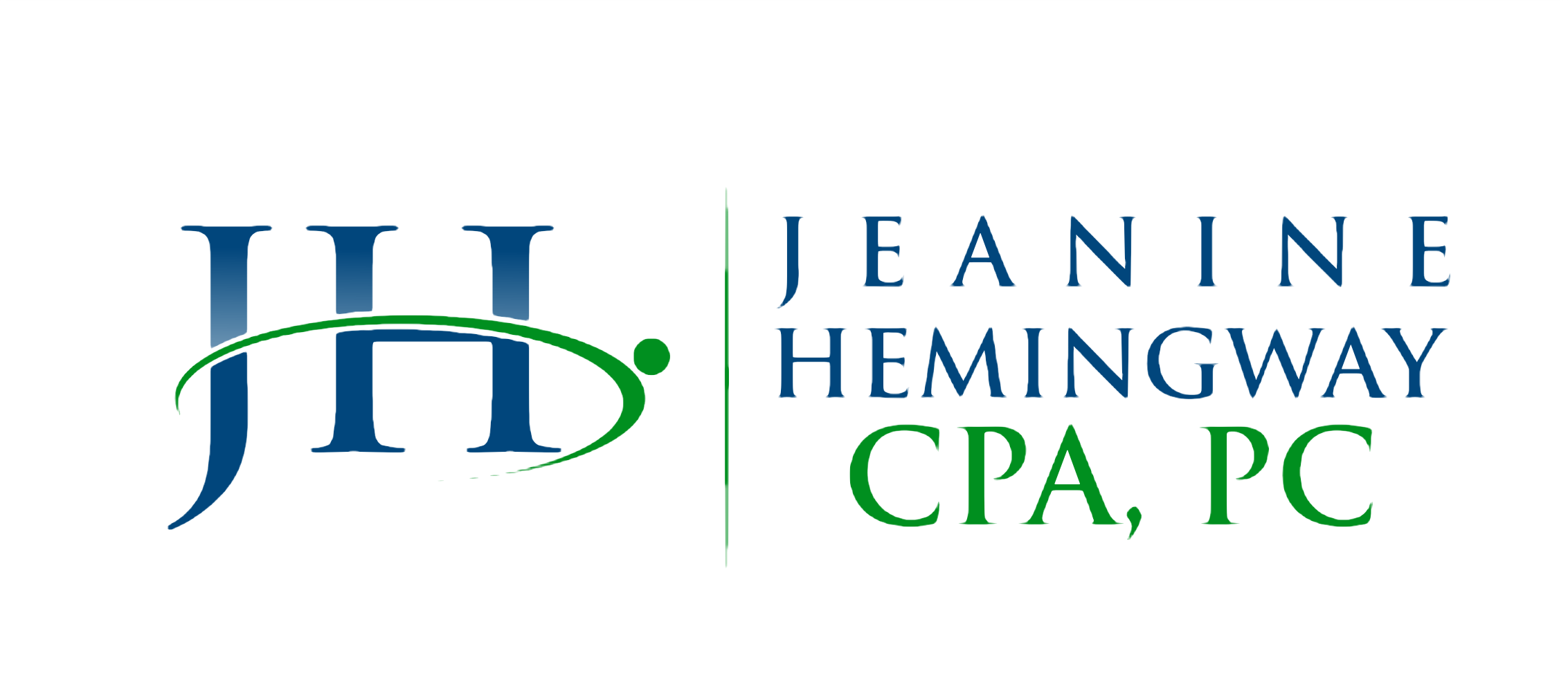With the end of 2019 approaching, it’s time to start strategizing about how you’ll handle your federal tax bill come April. Tax rules can be complicated but taking some time to know and use them for your benefit can change how much you end up paying (or getting back). Here are some key tax planning strategies to put to work before you file your 2019 income taxes.
Understand your tax bracket: When you file your 2019 federal income tax return, knowing your tax bracket and federal income tax rates can help you estimate how much your total 2019 tax obligation will be. This resource can help:
Put deductions and credits to work: Tax deductions and tax credits both reduce your tax bill, but in very different ways. Knowing the difference can create some very effective tax strategies to lessen your tax burden.
Tax deductions are specific expenses you’ve incurred that you can subtract from your taxable income. They reduce how much of your income is subject to taxes. Examples include;
- Medical and dental expenses
- Home mortgage points
- Work-related education expenses
- State and local income, sales and property taxes
- Personal casualty losses
- Business use of your home
- Home equity lines of credit and loans
- Charitable contributions
Tax creditsgive you a dollar-for-dollar reduction in your tax bill. A tax credit valued at $1,000, for instance, lowers your tax bill by $1,000. There are tons of possible credits you can take advantage of and they each have their own rules of requirement. Here are some popular ones to consider: Adoption credit, capital loss deduction, child and dependent care credit, child tax credit, and earned income tax credit.
Shelter income: Deductions and credits are a great way to cut your tax bill, but there are other tax planning strategies that can help keep your hard-earned money in your pocket. Strategies like: Modifying your W-4 withholdings, put money into your 401k, put money into an IRA, open a 529 to save for college, fund your flex spending account and maximize your health savings accounts.
Defer your income: Those who get a year-end bonus might want to consider waiting to take it until the following year, if their employer allows this. By delaying the income, you postpone additional taxes for 2019. However, this strategy only makes sense if you think you will be in the same or a lower tax bracket next year.
Keep your tax records: For business owners, purchases, sales receipts, payroll, and other transactions you have in your business will generate important information for tax purposes. These documents contain information that will support your books and your tax return deductions. It’s suggested to keep these records for up to four years.
Take your Required Minimum Distributions (RMDs): Individuals who are age 70 and a half or older with retirement accounts need to take the required minimum distributions by the end of this year. If not, they might face a heavy tax penalty of 50 percent of the required amount. This applies to both 401(k)s and IRAs.
There are several tax planning strategies you can act on that can help you reduce your tax burden. Considerations include:
- Splitting income among several family members or legal entities in order to get more of the income taxed in lower bracket.
- Shifting income or expenses from one year to another in order to have them fall where it will be taxed at a lower rate.
- Deferring tax liabilities through certain investment choices such as pension plans, contributions and other similar plans.
- Using certain investments to produce income that is tax exempt from either federal or state or both taxing entities.
- Finding tax deductions by structuring your money to pay for things you enjoy, such as a vacation home.
—
Working with your Jeanine Hemingway, CPA tax professionals year-round can help you make informed decisions resulting in minimized tax liability. Our tax planning will help you better understand the tax implications of any proposed course of action and enable you to make knowledgeable tax decisions. We are available to help you implement tax-saving strategies and review new legislation that will enable you to find the most effective way to save your tax dollars. Contact us today!
Resources: IRS, Business Insider
